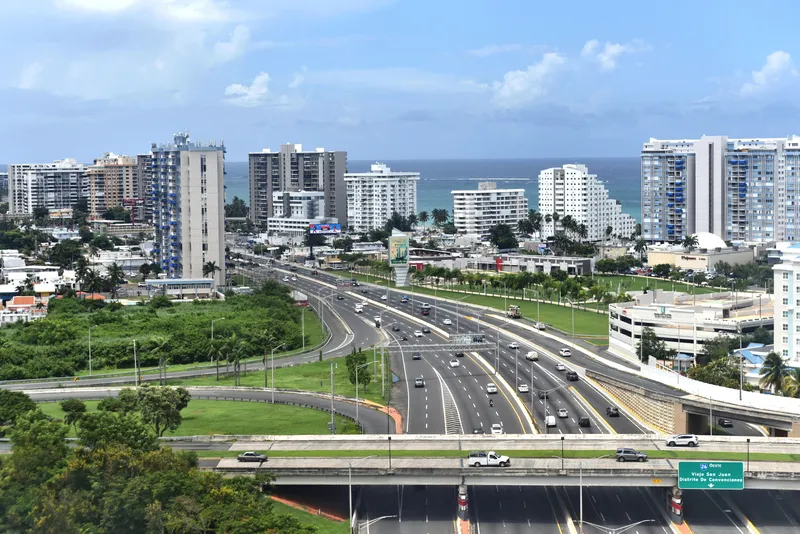Chile's transport ministry plans to launch feasibility studies to extend three metro lines in the capital, Santiago.
The plans include expanding the north-south line 2 south towards El Bosque and San Bernardo neighbourhoods and line 3, currently under construction, north to Quilicura, according to transport minister Andrés Gómez-Lobo.
The other proposal is to expand further south line 4, which connects Santiago's eastern neighbourhood of Providencia with the town of Puente Alto to the southeast of the
March 14, 2014
Read time: 2 mins
Chile's transport ministry plans to launch feasibility studies to extend three metro lines in the capital, Santiago.
The plans include expanding the north-south line 2 south towards El Bosque and San Bernardo neighbourhoods and line 3, currently under construction, north to Quilicura, according to transport minister Andrés Gómez-Lobo.
The other proposal is to expand further south line 4, which connects Santiago's eastern neighbourhood of Providencia with the town of Puente Alto to the southeast of the city, he added.
Metro de Santiago is currently building the 22 kilometre-long line 3, which will have 18 stations between Ñuñoa in eastern Santiago and Huechuraba in the north of the city and is budgeted at US$1.72 billion. The line will pass through six municipalities and serve some 660,000 residents.
Metro is also building line 6, a US$1.06 billion project that will run 15.3 kilometre from Providencia to Cerrillos in the west and have 10 stations. It will pass through eight municipalities and serve 870,000 residents.
Former president Sebastián Piñera's administration launched a master plan to invest US$22.5 billion in transport infrastructure in Santiago until 2025, with emphasis on metro, rail and roads. The plan includes investments of US$10.9 billion in metro and rail projects over the next 11 years, when the number of urban residents is expected to have risen by 11 per cent to 7.3 million and the number of cars to double to 2.65 million.
The plans include expanding the north-south line 2 south towards El Bosque and San Bernardo neighbourhoods and line 3, currently under construction, north to Quilicura, according to transport minister Andrés Gómez-Lobo.
The other proposal is to expand further south line 4, which connects Santiago's eastern neighbourhood of Providencia with the town of Puente Alto to the southeast of the city, he added.
Metro de Santiago is currently building the 22 kilometre-long line 3, which will have 18 stations between Ñuñoa in eastern Santiago and Huechuraba in the north of the city and is budgeted at US$1.72 billion. The line will pass through six municipalities and serve some 660,000 residents.
Metro is also building line 6, a US$1.06 billion project that will run 15.3 kilometre from Providencia to Cerrillos in the west and have 10 stations. It will pass through eight municipalities and serve 870,000 residents.
Former president Sebastián Piñera's administration launched a master plan to invest US$22.5 billion in transport infrastructure in Santiago until 2025, with emphasis on metro, rail and roads. The plan includes investments of US$10.9 billion in metro and rail projects over the next 11 years, when the number of urban residents is expected to have risen by 11 per cent to 7.3 million and the number of cars to double to 2.65 million.







